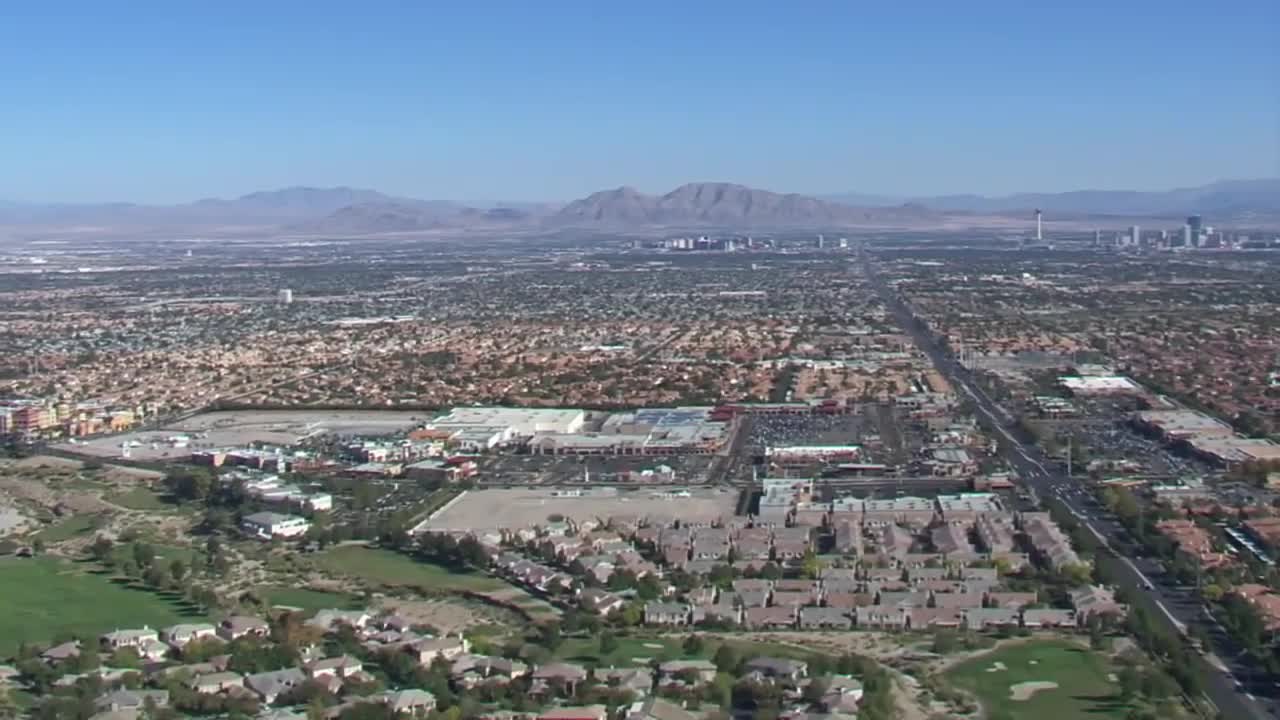LAS VEGAS (KTNV) — From our valley’s record-breaking temperatures to low water levels at Lake Mead, the southwest faces big challenges on a warming planet.
Since the very first Earth Day that took place on April 22, 1970, Nevada has warmed and so has the rest of the country.
According to Climate Central, Las Vegas is the second fastest warming city in America. Data shows we’ve seen an increase of 5.7 degrees in average yearly temperatures since 1970. Reno, Nevada is warming even more - an average of 7.6 degrees warmer.
To help confront the challenges of this warm-up like drought and extreme temperatures, the National Science Foundation has granted $15 million to what's called the "Southwest Sustainability Innovation Engine."
The goal is to kickstart the economic development needed for climate solutions in the region through job training and industry partnerships.
The Desert Research Institute (DRI) is a key research organization in the partnership. The Nevada-based nonprofit focuses on the natural sciences, employing more than 600 scientists, engineers, students and staff.
According to Sean McKenna, DRI Executive Director for the Division of Hydrologic Sciences, the new funding will push their research to a new realm.
"We're very interested in teaming with industry to bring innovations out of research labs into actual use," McKenna said, "I mean the future is now, right? We look at this part of the country, Utah, Arizona, Nevada, and it's one of the fastest growing places in the country, probably the fastest growing region, and it's also the driest."
The institute is joining forces with University of Las Vegas, University of Arizona and others to develop the technologies and the workforce needed to address sustainability in the region.
"We're working on three main areas. That's water, energy and carbon," McKenna said.
The Engine is intended to advance technologies like atmospheric carbon capture or harvesting water from the air - tech that hasn't yet made it's way to a widespread economic audience.
"It's the perfect place to be the national leader in industries around sustainability, like renewable energy, water capture and recycling, and carbon capture," said Diane Pataki, Chief Strategy Officer for the Engine.
"This regional engine program is pretty broad in scope and people can propose engines on any topic. But in the Southwest, we need to become the leaders in sustainability because we have to solve the water crisis and we have all of this potential for renewable energy," Pataki explained.
UNLV Vice President for Economic Development Zachary Miles said the Blackfire Innovation Lab will help catalyze the partnership with UNLV and the other members of the Engine.
“Let’s put our collective minds together and figure out how we can present something that already exists amongst us, we’re all working in this area, but using the resources to be able to take it to the next level," Miles said.
The Engine has a wide variety of partnerships in addition to DRI and UNLV, like Starbucks, Caesars Entertainment and NV Energy.
"I think this is game-changing," Miles said, "What's nice about this is we're trying to, and I'd probably argue this, start early. Let's not wait until it's even more of a crisis to fix the problem."
Right now, the funding will last the group two years. If successful, the funding would expand to a 10 year, $160 million contract.





